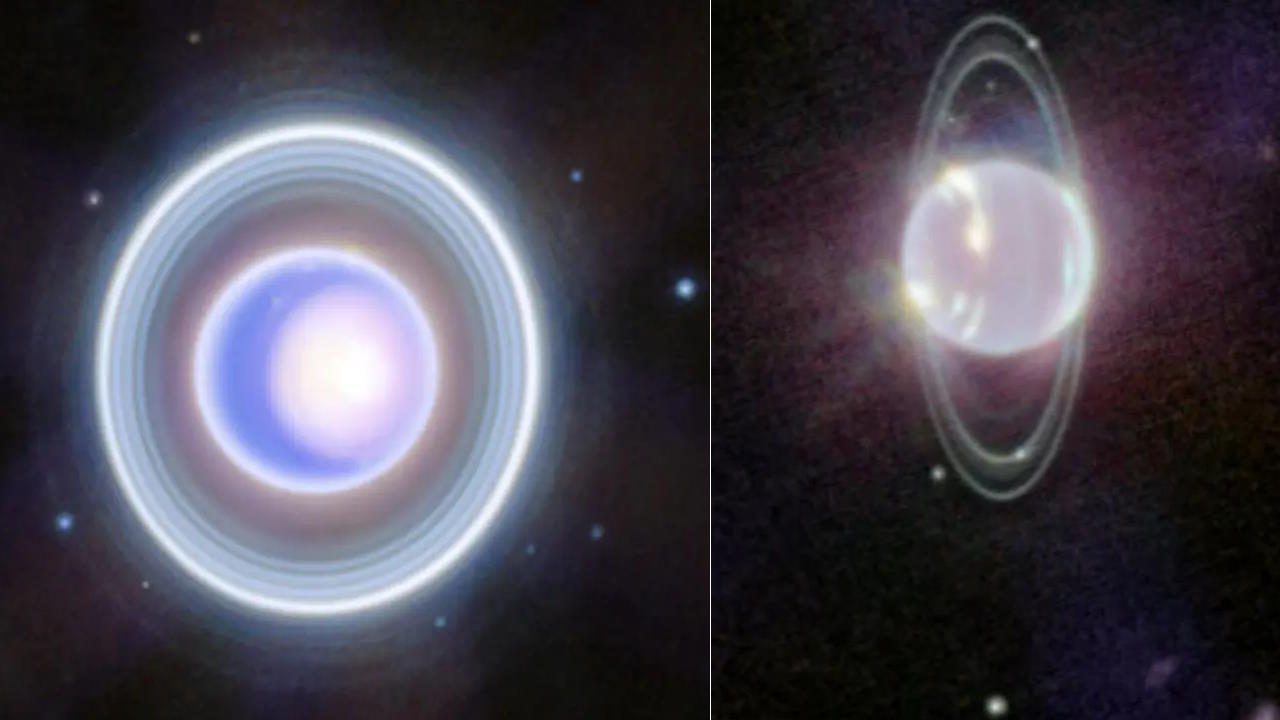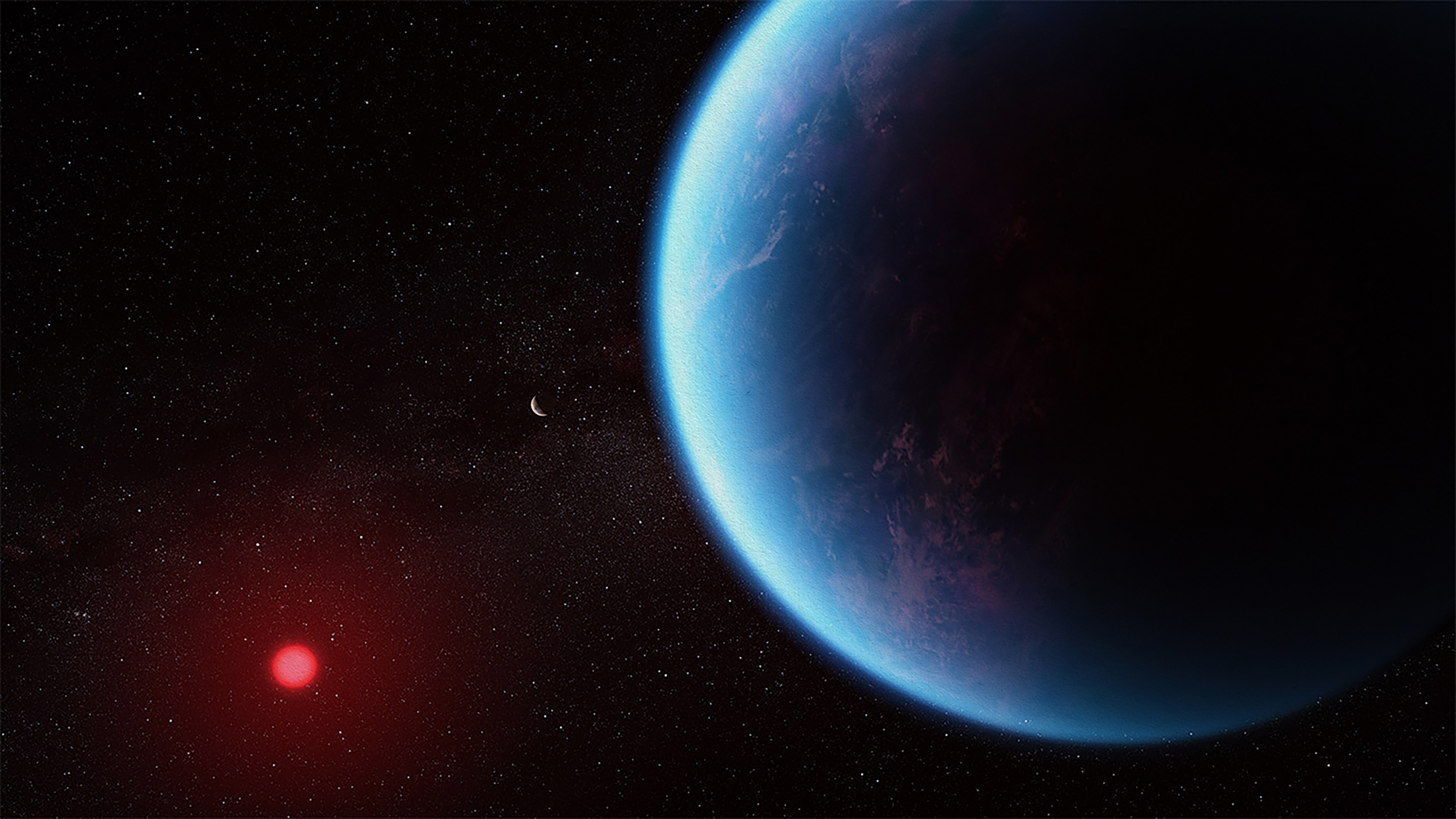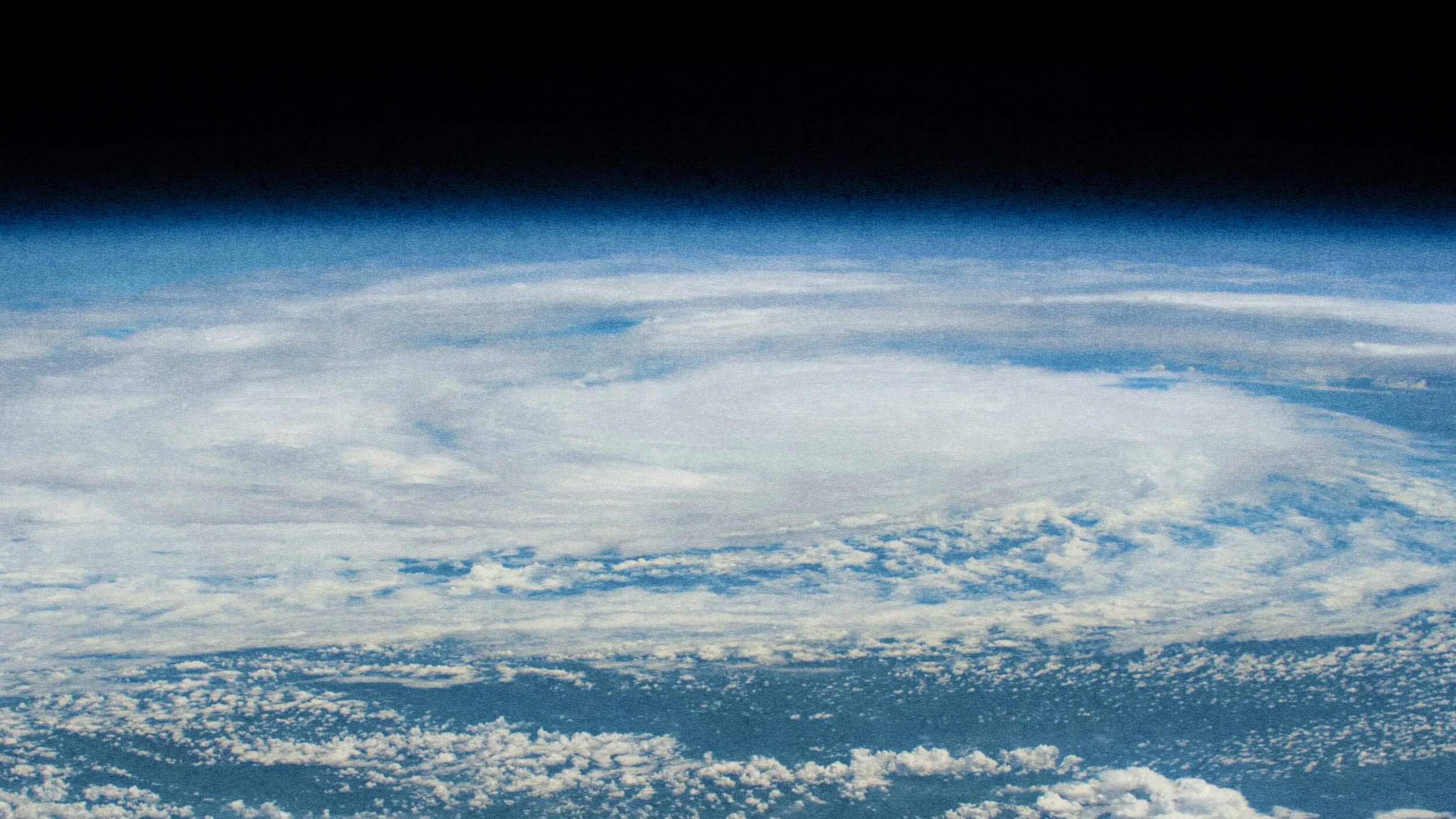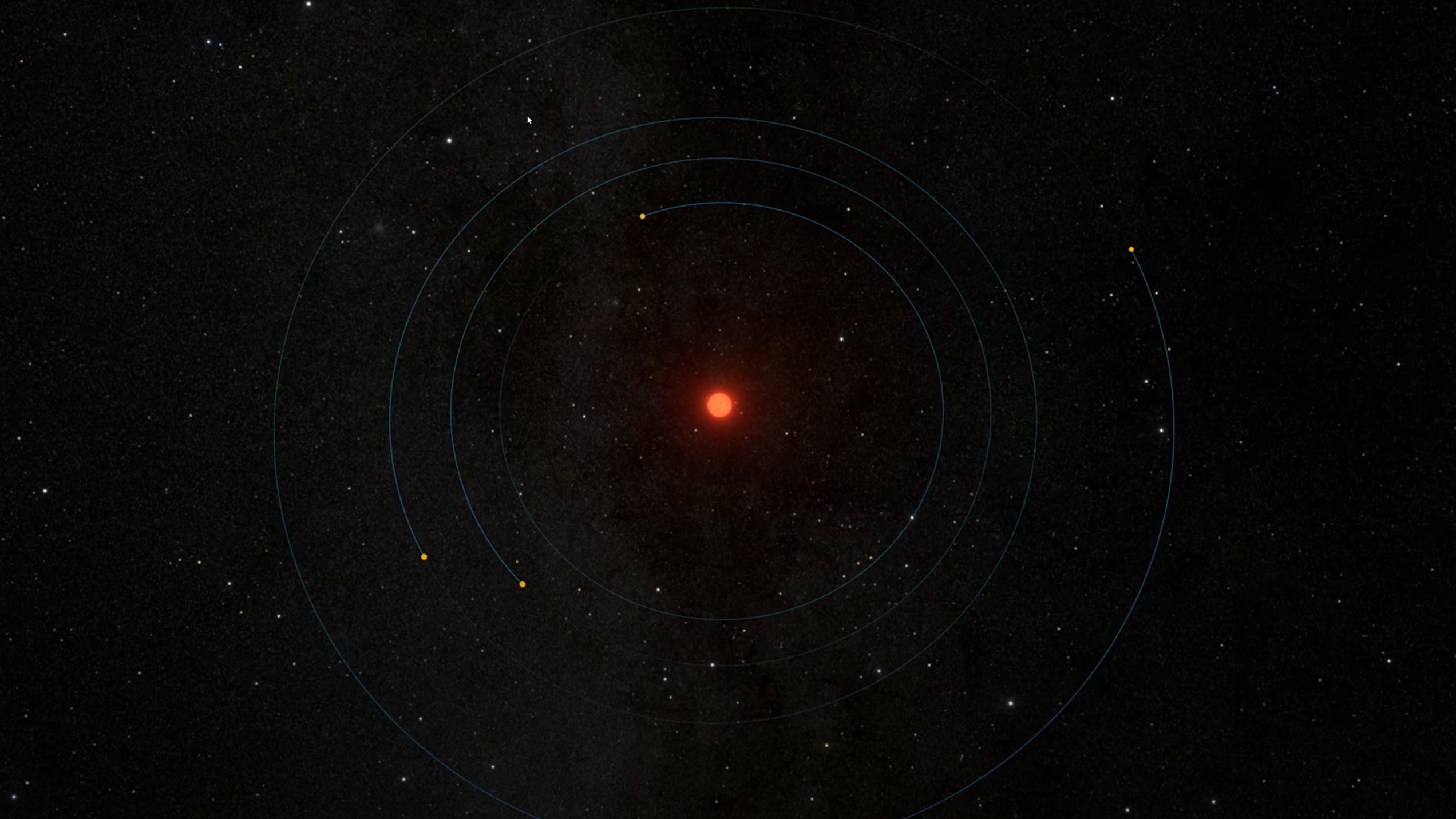What a New Form of Life Would Be Like

What’s the Latest Development?
As we discover more planets outside our solar system and more terrestrial life that survives the most brutal of conditions, many are increasingly dissatisfied with the view that life as we know it is the limit of nature’s genius. But what would a completely new form of life be like? Professor Gerald Joyce, from The Scripps Research Institute in La Jolla, California, explains that “an organism could either arise directly through chemistry, or spin off from existing biology.” Given that the only life we know is ours, however, it is impossible to estimate the probability of new life arising, either on Earth or elsewhere.
What’s the Big Idea?
Joyce believes that hard science does not necessarily motivate our increasing belief that life must exist beyond our own planet, though he does say that hard science may help us to create new life forms in laboratories. “I think humans are lonely and long for another form of life in the universe,” said Joyce, “preferably one that is intelligent and benevolent. But wishing upon a star does not make it so. We must either discover alternative life or construct it in the laboratory. Someday it may be discovered by a Columbus who travels to a distant world or, more likely in my opinion, invented by a Geppetto who toils at the workbench.”
Photo credit: Shutterstock.com





